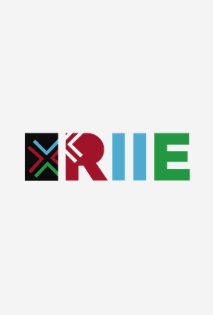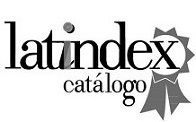The metaphor as a mechanism of intelligence, creation and communication in hard sciences and engineering and its recovery in university teaching
DOI:
https://doi.org/10.30972/riie.12155569Keywords:
science teaching- epistemology- metaphor- cognitive processAbstract
We present here a synthesis of our research on the epistemic validity of the use of metaphor in higher education as a mechanism of intelligence, creation and communication in “hard sciences” and engineering. It was forged in a master's thesis in university teaching in which we trace the presence of the metaphorical mechanism in the inaugural and basal productions of modern science (Galileo, Newton, Faraday, Maxwell, Fourier, Ohm). The method used was qualitative and exploratory, descriptive and genetic in scope, inferring from empirical indicators the potential of intelligence, creation and communication of the mechanism. The design was dialectical, proposing data matrices that gave coherence and epistemic entity to them. We detect in the advance of scientific knowledge in this fundamental stage the sine qua non use of creative metaphors, which, by stepping into the “foreign fields” of daily life and from foreign disciplines, allowed creatively understand intriguing and challenging phenomena. We found that the latter, producing a kind of "hermeneutical vacuum" in the spirit, challenged the researcher and drove an initially metaphorical creative “filling” (trying to know the unknown from the known). This initial metaphor —cognitively vivid and implicating— was later made parched under a mathematical dress that turned it into a model. We conclude that if the metaphor creatively helped to understand and mathematize phenomena in the production of scientific knowledge, its recovery by teaching is timely in order to promote the construction of scientific knowledge in an interesting and meaningful way.Downloads
Download data is not yet available.
Downloads
Published
2021-08-30
How to Cite
Magnasco, H. M. (2021). The metaphor as a mechanism of intelligence, creation and communication in hard sciences and engineering and its recovery in university teaching. Revista Del Instituto De Investigaciones En Educación, 12(15), 68–92. https://doi.org/10.30972/riie.12155569
Issue
Section
Artículos basados en investigación empírica
License
Aquellos autores/as que tengan publicaciones con esta revista, aceptan los términos siguientes:
- Los autores/as conservarán sus derechos de autor y garantizarán a la revista el derecho de primera publicación de su obra, el cuál estará simultáneamente sujeto a la Licencia de reconocimiento de Creative Commons que permite a terceros compartir la obra siempre que se indique su autor y su primera publicación esta revista.
- Los autores/as podrán adoptar otros acuerdos de licencia no exclusiva de distribución de la versión de la obra publicada (p. ej.: depositarla en un archivo telemático institucional o publicarla en un volumen monográfico) siempre que se indique la publicación inicial en esta revista.
- Se permite y recomienda a los autores/as difundir su obra a través de Internet (p. ej.: en archivos telemáticos institucionales o en su página web) antes y durante el proceso de envío, lo cual puede producir intercambios interesantes y aumentar las citas de la obra publicada. (Véase El efecto del acceso abierto).






.jpg)




